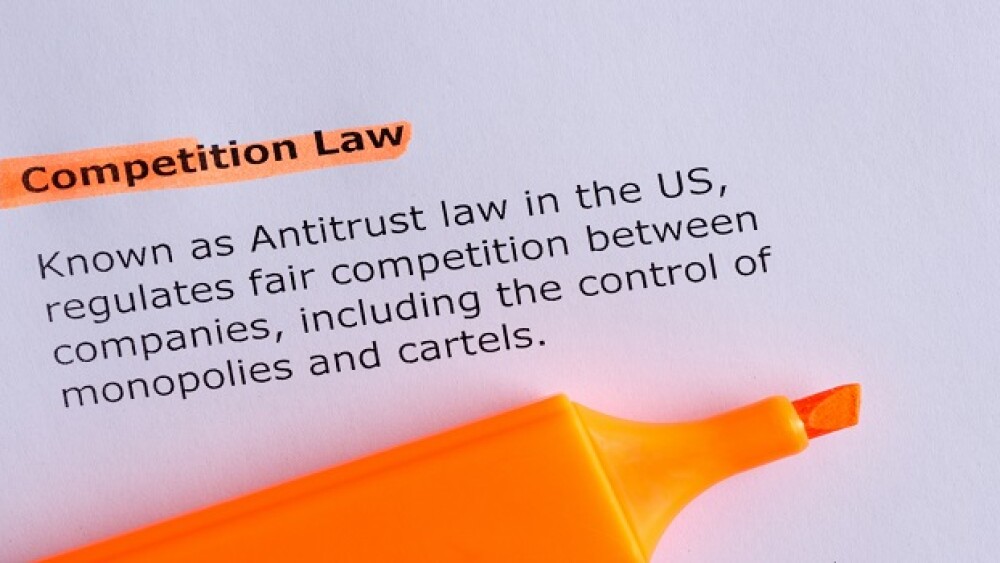Allergan has gone to great lengths to defend the patents for its blockbuster dry-eye drug Restasis and it looks like the company will have to head back to court again.
Allergan has gone to great lengths to defend the patents for its blockbuster dry-eye drug Restasis and it looks like the company will have to head back to court again. This time the company is being challenged by retail pharmacies for anti-trust violations regarding the blocking of generic competition.
Major pharmacy retailers like Walgreens, Kroger, Albertsons and HEB Grocery have filed a lawsuit against Allergan claiming the Ireland-based company is trying to stop generic drugmakers from selling their version of the dry-eye medication, Reuters reported. Among the complaints filed against Allergan are the methods it has used to fight losing its patents for Restasis, which includes last year’s attempt to transfer the rights to a Native American tribe that has sovereign status. Allergan attempted to sell the patents to the Saint Regis Mohawk Tribe in New York. The company made the move last year as part of an attempt to take advantage of the Mohawk tribe’s sovereign immunity would shield the drug from the Inter Partes Review challenges to its patents on Restasis.
The lawsuit is taking place against a backdrop of a new cry for lower prescription drug prices. Last week President Donald Trump initiated a new call to bring down the retail price of medications.
In the lawsuit, Walgreen Co et al v Allergan Inc, the companies allege that Allergan engaged in an “unlawful scheme” to protect its sales of Restasis. FiercePharma noted that the plaintiffs also allege Allergan made “material misrepresentations” to obtain additional patents to cover the drug as its original intellectual property rights were about to expire.
The lawsuit further states that Allergan “improperly listed” its additional patents in the U.S. Food and Drug Administration’s Orange Book, the official listing of patents and exclusivity, before then suing generic drugmakers for infringement of those patents, FiercePharma added.
“Allergan filed the lawsuits simply to trigger the automatic thirty-month stay of FDA approval and delay the entry of its generic competitors,” the complaint alleges, as reported by FiercePharma.
If Allergan had drug the patents through the courts those retailers allege that a generic to Restasis could have been on the market in the United States four years ago. The retailers said that Allergan should be forced to pay damages “for its anticompetitive conduct,” Reuters said.
Last week Teva Pharmaceuticals launched its generic to Restasis, Teva-Cyclosporine, in Canada,
Allergan’s patents for Restasis cover various elements of the drug through 2024. Restasis brought in more than $1.4 billion for Allergan in 2017, which accounted for nearly 10 percent of the company’s total revenue.
Allergan did not comment on the lawsuit. A company spokesperson told FiercePharma that it does not discuss pending legislation.
Shares of Allergan are down slightly on the news, trading at $159.11 as of 9:33 a.m.





